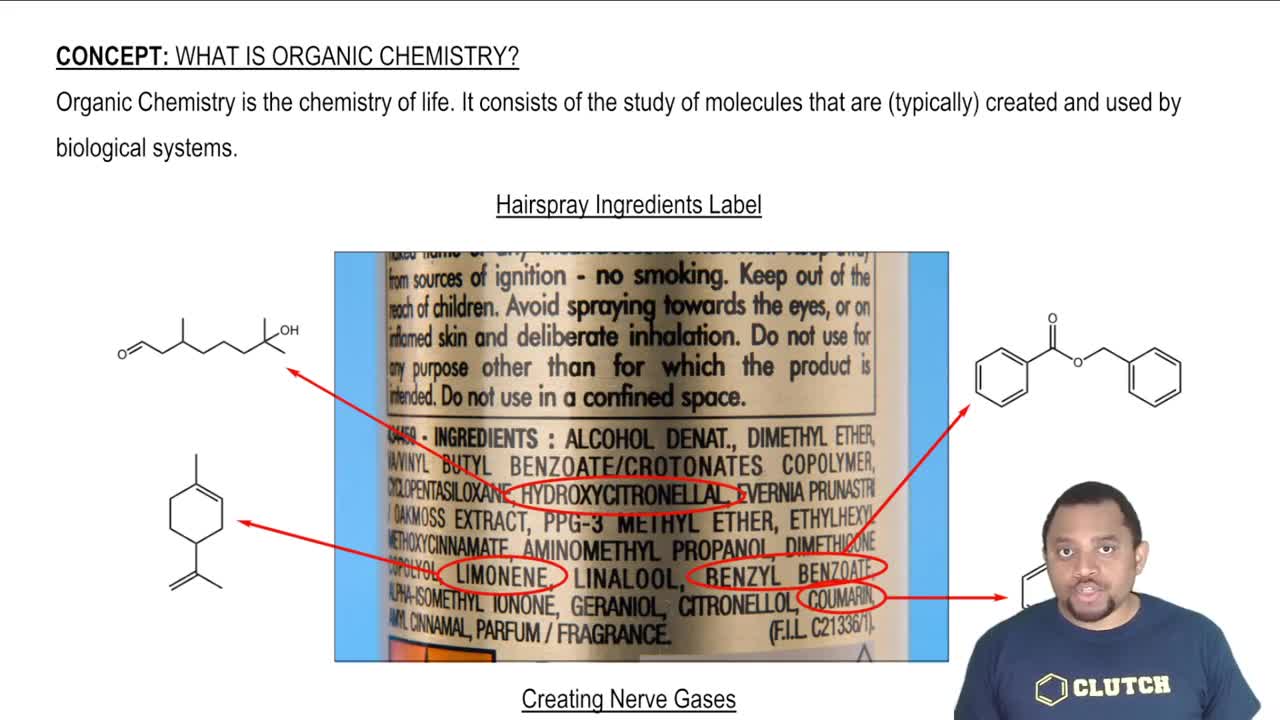For each of the following reactions, (1) decide whether an E2 or an E1 occurs, and (2) draw the major elimination product:
a.
b.

 Verified step by step guidance
Verified step by step guidance Verified video answer for a similar problem:
Verified video answer for a similar problem:



 2:27m
2:27mMaster Overview of the flowchart. with a bite sized video explanation from Johnny
Start learning